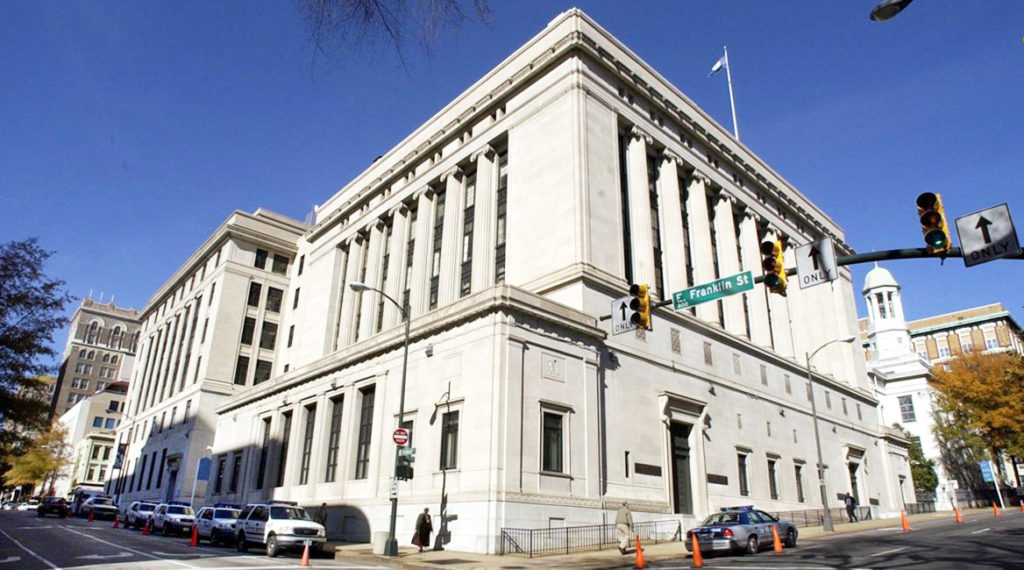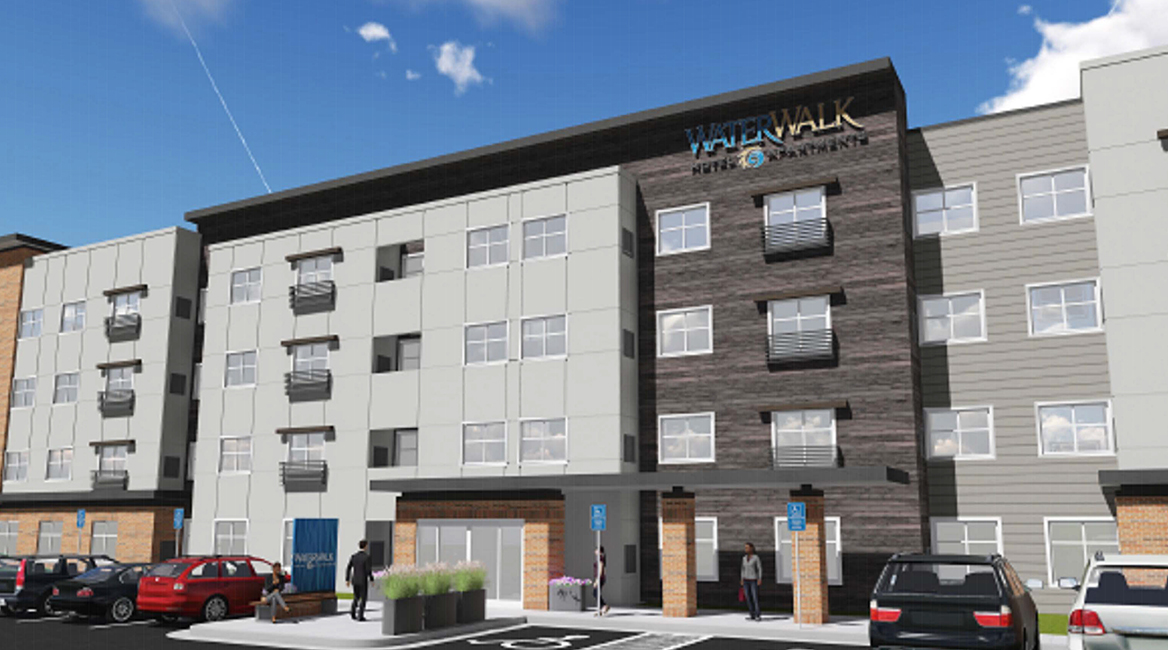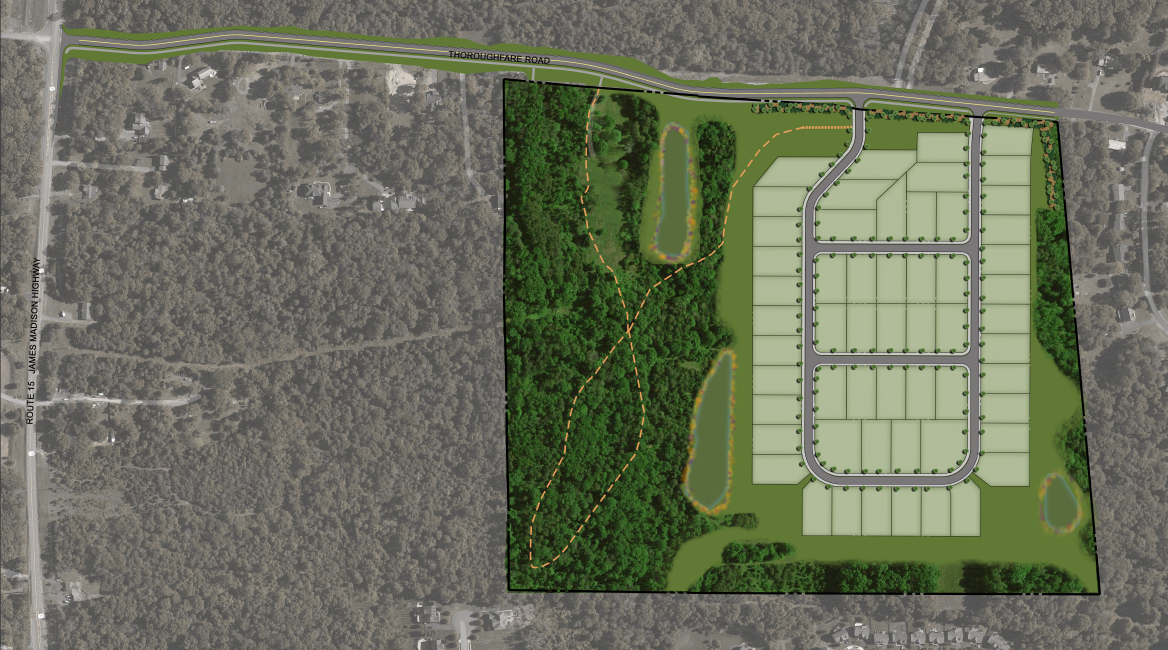
The time has come to address one of my biggest pet peeves, because it is relevant year-round, and despite providing lectures to banks about all the pitfalls, they still allow their customers to establish joint accounts with someone other than their spouse.
Let me start by noting that a joint account with your spouse is fine; and in fact, preferred, in many respects. For instance, Virginia allows spouses to own property as Tenants By the Entireties (TBE), which is similar to joint with rights to survivorship titling, but it is only available to a married couple. By titling an account as TBE, the owners can take advantage of a simple (though not flawless) form of creditor protection. However, TBE titling with a spouse is not generally problematic; rather, it is titling an account with someone other than a spouse that can cause a number of problems.
In most cases, the scenario starts innocently. For example, an elderly person walks into a bank and tells the teller they want their daughter to sign checks on their behalf. Thereafter, the teller adds the daughter’s name to the account so she can sign checks. We now have a joint account, and the daughter is considered an owner of that account. In most cases, this joint account will also avoid probate, which is another objective of the elderly person. This all sounds great – after all, we just avoided probate and negated the need for a power of attorney, right?
Unfortunately, this is where things can start to go horribly wrong. After all, the daughter is now an owner of the account, so let’s consider a few scenarios:
What happens if the daughter is in a car accident and gets sued, or has other creditors?
The funds in the account are at risk since the daughter is now an owner. While it may be possible to get the funds discharged from the claim, doing so will require the assistance of an attorney, which can get very expensive.
What happens if the daughter withdraws funds from the account?
The daughter can withdraw funds at any time since she is an account owner. However, when she withdraws funds there may be a gift that either falls under the annual gift tax exemption of the parent, or requires the filing of a gift tax return.
What happens if the daughter’s spouse withdraws all the funds from the account using a power of attorney over daughter?
This could be done legitimately, or maliciously; but either way, the bank will honor the spouse’s power of attorney and allow the withdrawal. In addition to the gift tax concerns above, the elderly person will be left to sue the daughter’s spouse, and may or may not win that suit.
What happens if the parent has to qualify for Medicaid?
Joint accounts can impact Medicaid eligibility, as most states assume the applicant owns the entire account regardless of the number of names on the account. Transferring money out of the account may also be problematic, as it may fall within the look-back period for Medicaid disqualification.
What happens if the elderly person wants to close the account?
The co-owner of the account must execute the account closure paperwork.
These are just a few examples of how joint ownership of a checking, savings, or brokerage account can go horribly wrong. The good news is that it is relatively easy to avoid all these problems by using signature authority, a properly crafted power of attorney, or a trust. Granting signature authority on an account is simple at most banks, and it is free. While a grant of signature authority is not a perfect solution (signature authority terminates at the death of the account owner, and does not avoid probate), it is still a better option than joint titling. A properly crafted power of attorney or trust agreement can offer a much more comprehensive solution, but it can take some time and effort to ensure this is done correctly; and this is where a competent estate planning attorney can provide invaluable assistance.
Speaking to an attorney or accountant who is well-versed in tax law will help you make the right decisions for your business and personal real estate investments. To learn more, please visit our Estate Planning & Administration page, or call Chuck McWilliams at (703) 680-4664.








 Congratulations to our very own
Congratulations to our very own 





